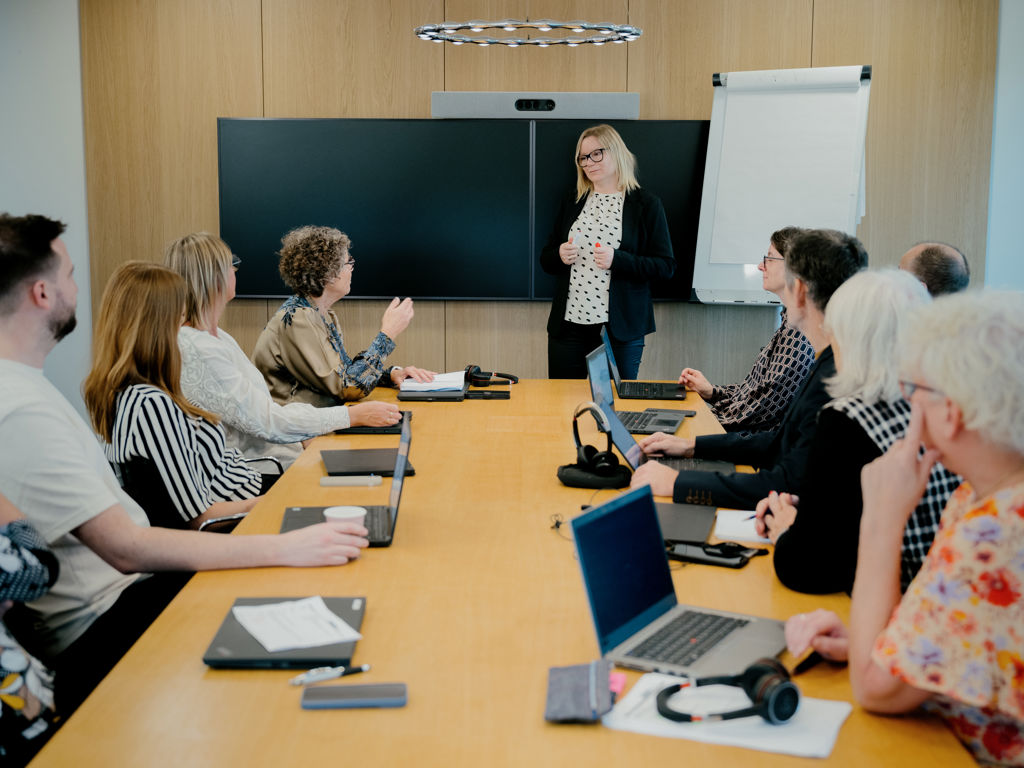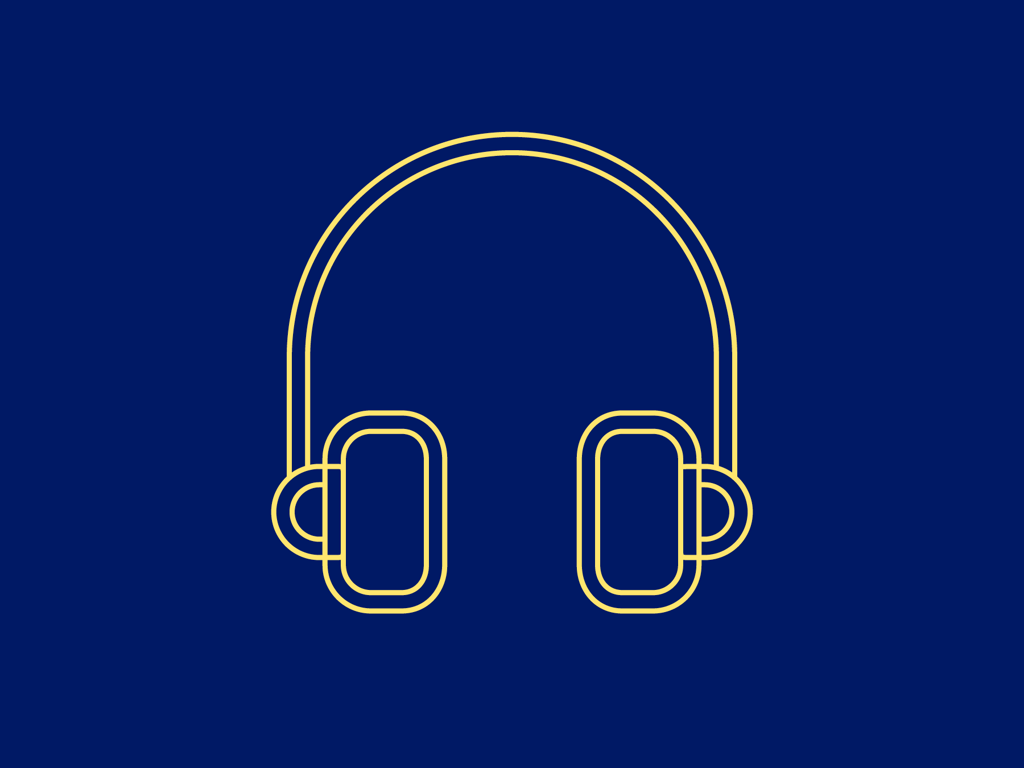New in Denmark
What's the best way to get established in Denmark? How does the Danish labour market work? And how can you build a social network? Let’s help you get started in Denmark.
First of all, get in touch with your local union representative (in Danish: Tillidsmand) at your work. He or she will be able to introduce you to what we do and how we can help you. Your union representative can also help you:
- get insights into your employer
- use all the local sources of help available to international members
- get in contact with authorities and external sources on practical matters
Practical things related to your stay in Denmark
Visit International Citizen Services, if you need guidelines, checklists and application forms, including:
- Tax Card
- Civil Registration Number
- Healthcare Services
- Foreign Driving Licences
International Citizen Services can also advise you on working and studying in Denmark, find you somewhere to live, and enrol you on Danish courses.
Visit Work in Denmark and the Ministry of Foreign Affairs of Denmark, if you’re looking for a job or need information about working in Denmark.
And finally, take a look at How to live in Denmark for humorous and unusual views on life as a newcomer to Denmark.
We provide a professional network and events at which you can meet Danish- and English-speaking members from across the sector. The range of events includes biannual introduction evenings, where we invite all international members for a social evening with different perspectives on Danish culture, combined with networking.
Join a network
Contact your local union representative to hear what's on offer at your company, such as sports clubs or social and job-related events, where you can meet your colleagues on a more informal basis.
Take a course via Finanskompetencepuljen
You can also meet other workers in the sector if you take part in a free course via the Finanskompetencepuljen (finance sector competence pool), the result of a partnership with Finanssektorens Arbejdsgiverforening (FA) (the finance sector's employers' association).
The Finanskompetencepuljen runs over 250 different courses, including Danish courses, where you can meet other international newcomers, as well as more job-related courses that attract both Danish- and English-speaking workers within the financial sector.
Stay updated with our Newsletter
Our monthly newsletter helps you stay updated with the latest member offers, specifically for international members. The newsletters include events, networks and other activities you can take part in along with other international members of Finansforbundet.
If you don't already receive the newsletter, login to Mit Forbund and subscribe to it. Remember that the English newsletter is a supplement to the Danish newsletter that all members receive.
In addition to Finansforbundet's own activities, you can find a wide range of other activities, from local culture and entertainment where you live, to events specially arranged for international newcomers.
Sign up for Expat in Denmark's newsletter to stay updated on events and other cultural offerings for expats.
International House offers a wide range of services and activities in Copenhagen, including:
- social events at Halloween and Christmas
- job-related events
- advice on how to expand your network through voluntary work
- a personal guide to leisure, entertainment and cultural facilities in the city
International Community offers a wide range of free activities in Aarhus, including:
- social events such as Afternoon Coffee and International Friday Bars
- events for families
- a network for spouses
International Community Events
Destination AARhus
If you work within IT, you may like Destination AARhus, a professional business network with a large community of leading companies in Greater Aarhus. Destination Aarhus hosts meetups, workshops and events for IT professionals.
Destination Aarhus Events
We advise you to get a better understanding of how the Danish labour market works, as it also represents the foundation of your rights.
To many foreigners, it comes as a surprise that Denmark has no legislation that dictates minimum wage or working hours. Moreover, firing employees is relatively easy and cheap for businesses. Even though pay and working conditions are not regulated by law, this does not mean that employers can do what they want. Instead, this is where collective agreements between trade unions and employers' organisations come into play.
In short, the Danish model builds on three pillars:
- Collective agreements between trade unions and employers' organisations
- Tripartite cooperation
- High degree of organisation
By European standards, the agreements on the Danish labour market are highly flexible, for instance with regard to hiring and firing of employees. This also means that mobility is high within the Danish labour market.
What is flexicurity?
In return for the high level of flexibility, Danish employees are guaranteed a relatively comprehensive social security in times of unemployment, illness or occupational injury. Social security is guaranteed by law to all employees. The combination of high flexibility and comprehensive social security is why the Danish labour market is sometimes referred to as based on a "flexicurity model".
The flexibility and security also apply to foreign labour. The law ensures that foreign employees are given the same rights as Danes on the labour market when the relevant permits and contracts are present.
For more details on the Danish labour market and the flexicurity model, visit The Danish Agency for Labour Market and Recruitment (STAR) and Ministry of Foreign Affairs of Denmark.







